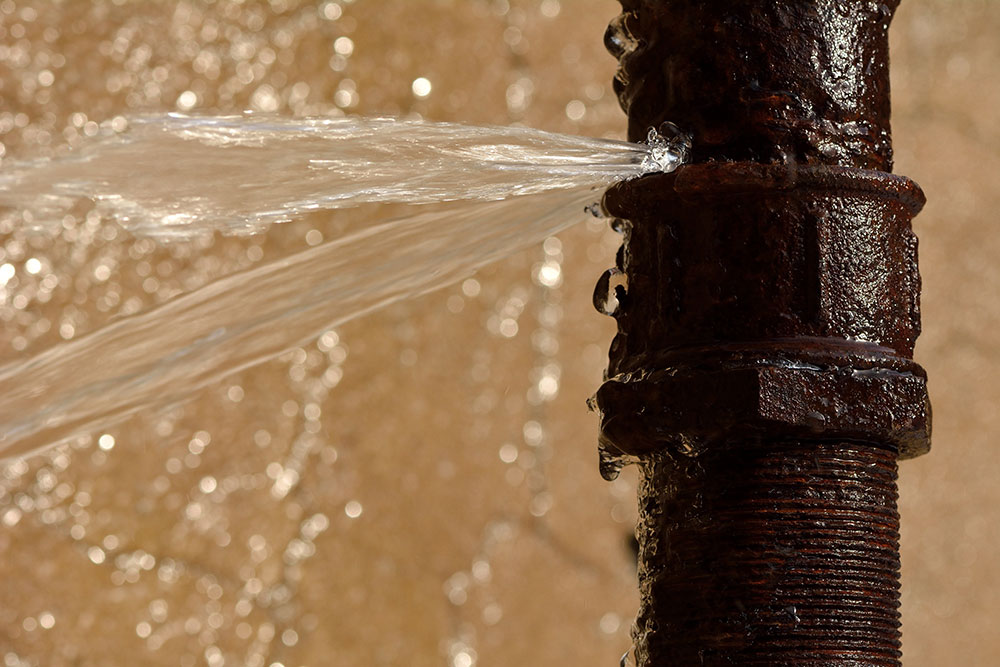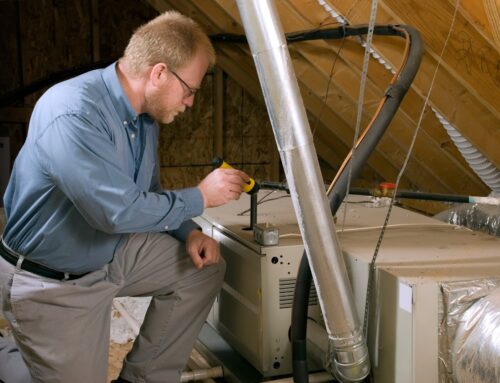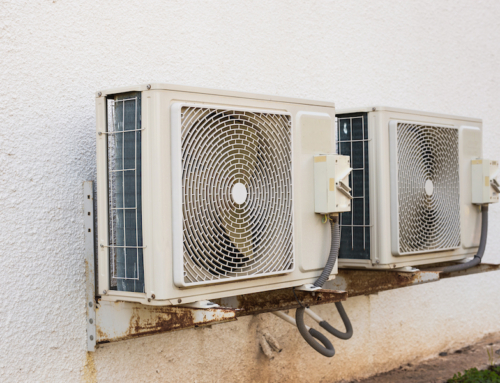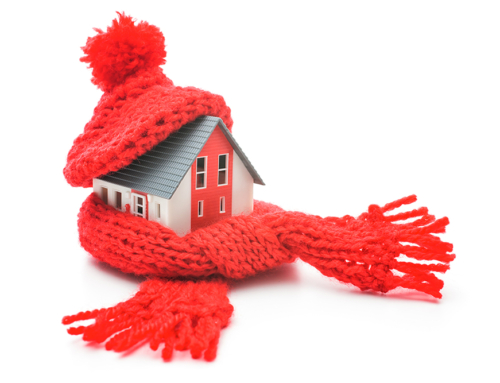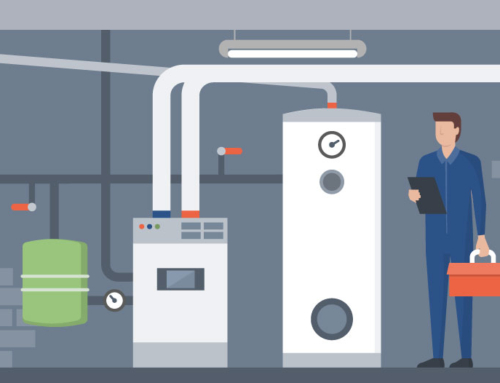The damages, expenses and the messes that can be caused by a water line that freezes and bursts are nothing that anyone wants to have to deal with. If this has happened to you, it is very likely that your most prominent thought was: “Why did this happen?!”
The simple answer is that the water coming into the house from outside is much colder than it was during the summer months. The colder water causes your pipes to contract and this contraction often causes leaks from areas of the pipe that had weakened over time.
Obviously, there isn’t a way to heat the ground around your home, so stopping the contraction caused by the cold water is not something you can control. Our advice is to be mindful of your plumbing system as the temperatures change and check to see if you have any leaks. While we can’t stop the leaks caused by temperature drops, there are things you can do to prevent pipes from freezing and bursting. Here are some helpful hints:
- If it is extremely cold outside, keep one or two faucets running slowly. Water moving through the system should prevent the line from freezing. We recommend leaving the kitchen faucet running.
- Often times, the pipes that freeze are located near an outside wall or a window, so be sure to direct warm air to any colder areas of your home. (Start in your basement and look for any pipes near the exterior of the home.)
- If your kitchen sink is on an outside wall (it usually is), be sure to leave cabinet doors open to allow warm air into the cabinet.
- Be sure to disconnect your hose from the outside faucet. If you leave your hose connected, water is not able to drain out of your hose bib and will likely freeze and break the device.
- There is a product called heat tape that can be installed and will warm pipes as needed during cold weather. While you could do this yourself, you may want to consult with an Indianapolis plumber to learn some best practices.
- Seal leaks that allow cold air into your home where pipes are located. Look for air leaks around electrical wiring, dryer vents, and pipes. Use caulk or insulation to keep the cold out. With severe cold, even a tiny opening can let in enough cold air to cause a pipe to freeze.
- Prevent temperatures from dropping below 32 degrees in any areas of your home where water lines are located.
- If you still have concerns about your system, call a licensed plumber and ask them to come to your home and advise you on how to prevent pipes from freezing.
Be sure to have your HVAC in prime condition as we go into the cold Winter months! Properly heating your home can save you an exorbitant amount of stress and money as a preventative step in protecting your water pipes from bursting. Call a professional from Alpine Temperature Control in St. George, Utah today to schedule your regularly needed maintenance!

